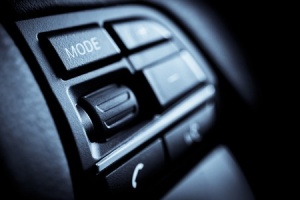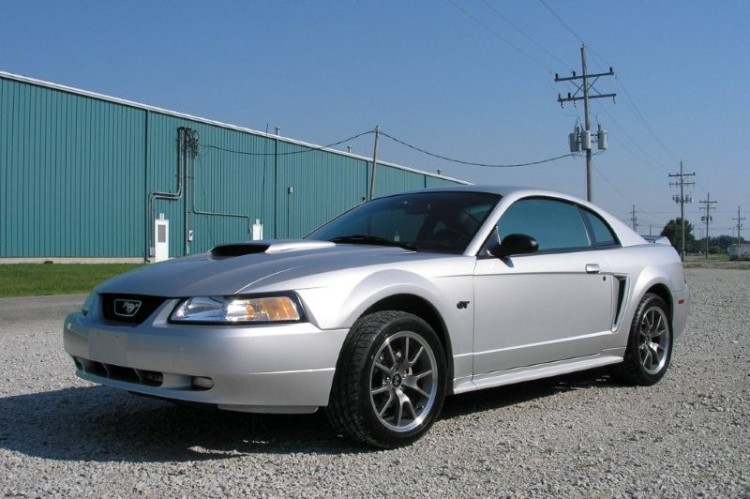Study: Voice Activated Car Control Can Prove Distracting
 Two new studies focused on analyzing how onboard voice controlled automobile features affect the driver suggest that even managing your smartphone or radio with just your voice can prove distracting.
Two new studies focused on analyzing how onboard voice controlled automobile features affect the driver suggest that even managing your smartphone or radio with just your voice can prove distracting.
Voice activated automobile controls were marketed as a way to keep a driver’s eyes on the road while a person attempted to send a text message or change the radio station, but new studies suggest they still negatively affect the most important control mechanism – your brain.
The studies conducted by the AAA Foundation for Traffic Safety and the University of Utah examined how distracted drivers became when tasked with using certain voice controlled systems. The first study examined the onboard handsfree infotainment systems on some of the more popular car brands, and the second study looked at driver performance when tasked with using Siri, Apple’s voice-operated system, to preform functions like posting to Facebook or calling a friend.
The systems were graded on a 1-5 scale, with 1 representing no distraction and 5 being comparable to doing complex math problems or word memorization.
Siri scored the worst on the test, receiving an average grade of 4.14 out of 5. Twice, drivers in a car simulator rear-ended another vehicle, and oftentimes Siri would misinterpret the driver’s commands. One of the drivers had to scramble to end a call after Siri mistakenly thought the driver asked to be connected to 911.
Onboard Tests Also Poor
The onboard infotainment systems didn’t fair much better in the tests. Chevrolet’s MyLink received the worst brand rating, posting a distraction level of 3.7. The onboard systems of Mercedes, Ford and Chrysler also all registered as more distracting than if the driver were simply talking on a handheld phone.
Deborah Hersman, president of the National Safety Council said the voice controlled systems need to be properly regulated.
“It is like the Wild West, where the most critical safety feature in the vehicle — the driver — is being treated like a guinea pig in human trials with new technologies.”
University of Utah professor David Strayer, who led the studies, said the more complex task the driver asks of the system, the more dangerous it can be.
“When these systems become more complex, like sending text messages or posting to Facebook, it pushes the workloads to pretty high levels and may be dangerous while driving,” Strayer said.
Despite their concerns, two vehicle systems scored pretty well on the distraction test. Toyaota’s Entune system scored a 1.7 – akin to listening to an audiobook while driving – while Hyundai’s Blue Link Telematic System scored a 2.2.
“The good news is that really well-designed systems offer us the possibility to interact in ways that aren’t so distracting,” Strayer concluded.
Related source: AP
-
The Benefits of Tinting Your Car’s Windows
 Jul 10, 2013
Jul 10, 2013Window tinting has grown in popularity over the years, and it’s one of the many techniques we specialize in at our shop. Tinted windows are not just for young people who want to look “cool”. In fact, there are many benefits associated with adding some tint to your car’s windows. Not only will your car […]
-
I Hit a Pothole With My Car – Now What?
 Mar 5, 2014
Mar 5, 2014Pothole season is upon us, which means you’ll likely see plenty of drivers swerving all over to keep their car from succumbing to one of many concrete craters. Even the best drivers in the world can’t avoid every pothole, so be prepared for bumpy driving conditions for the next few months. Today, we talk about […]
-
The Benefits of an Engine Flush
 Aug 12, 2015
Aug 12, 2015Your engine is the lifeblood of your vehicle, so it makes sense that you should take extra care of it. Considering all the tasks your engine is asked to preform, it’s no surprise that junk and debris can build up over time in your engine system. One way to get rid of that excess build up […]




